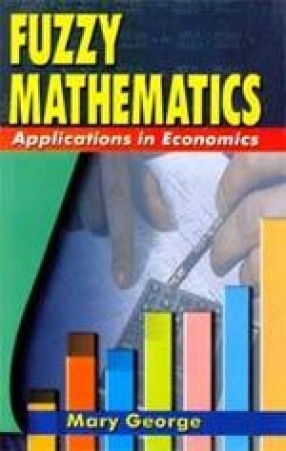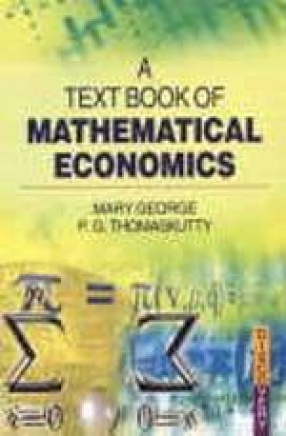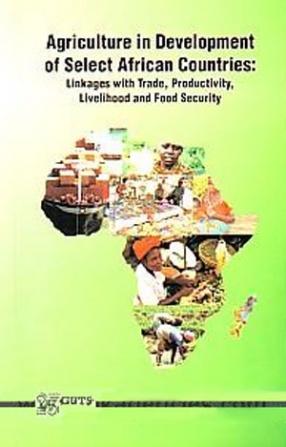The application of the theory of fuzzy sets to Economics has not been as widespread as its application in many other disciplines. Zadeh’s main motivation for the invention of fuzzy sets was the imprecision in human decision-making. Fuzzy sets emerged from the need to bridge the gap between mathematical models and their empirical interpretations. The capability of fuzzy sets to express gradual transitions from membership to non-membership and vice versa has a wide utility. One of the major thrusts of Economics is to describe the behaviour of individual units such as consumers, households, firms, government agencies and their interactions. But a large number of concepts, which we use in everyday life, are vague. Fuzziness can be found I n many areas. In the present literature almost all the Economic theories are explained in the classical Mathematics frame. In this perspective, Fuzzy Mathematics seems to be more suited in explaining to concepts of Economics than the classic one. This book is the textual form of the Ph.D. thesis of the author, titled ‘Fuzzy Mathematical Approach to Economic problems’. The book may provide a helping hand for those who wish to accomplish research in the field of fuzzy mathematics and its application in Economics.
Fuzzy Mathematics: Application in Economics
In stock
Free & Quick Delivery Worldwide
reviews
Bibliographic information
Title
Fuzzy Mathematics: Application in Economics
Author
Edition
1st ed.
Publisher
ISBN
8180301354
Length
xv+108p., Figures; Tables; Glossary; Bibliography; 22cm.
Subjects






There are no reviews yet.